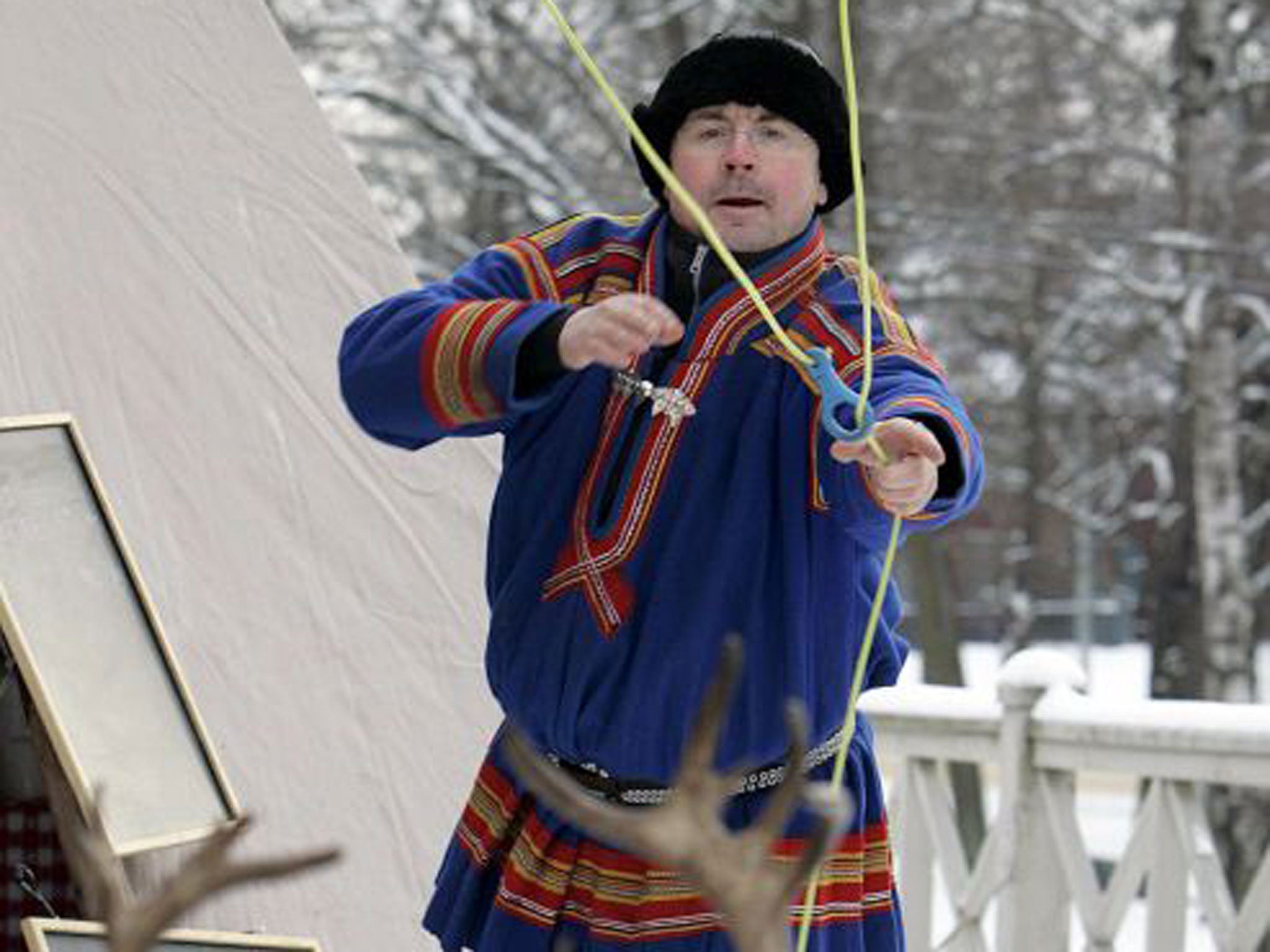One man's fight to protect Europe's dying languages
Corsican-speaking MEP to present report on dwindling dialects to European Parliament

When it comes to linguistic tussles at the European Union, it usually falls to the francophone and anglophone camps to argue over the superiority of their native tongue, with much of the bloc’s paperwork churned out only in French and English.
But what about Germany’s Lower Sorbian speakers, the Ladino speakers of Greece, or Finns still fluent in Ingrian?
One MEP is determined that they too should have their voices heard – or at least preserved – and is lobbying to make sure the 120 endangered languages of Europe do not disappear.
Francois Alfonsi, the only Corsican speaker in the European Parliament, will later this month present the first report in decades into the state of Europe’s dying languages.
“There are hundreds of languages in the EU and each is a part of the European identity,” Mr Alfonsi recently told the parliament’s cultural committee. “Without concrete support at European, national and local level, we will see a further decline in linguistic diversity over the next decades. This will leave all of us culturally, socially and economically impoverished.”
The EU already has 23 official languages and that is growing with each new member. But the diversity within each member state is startling. About 250 languages are indigenous to the continent.
Across the northern reaches of Scandinavia, there are nomadic reindeer herders speaking Sami. In Finland, dozens of ethnic languages spill over the border from Russia, while in pockets of France you can pick a word or two in Champenois, Breton or Savoyard.
It is already too late to save dozens of Europe’s ancient languages. The Shuadit and Zarphatic Judeo-French languages died along with many of their speakers during the holocaust. Others such as Dalmatian, Polabian and Slovincian have gone unuttered for decades.
Meirion Prys Jones, chief executive of the Network to Promote Linguistic Diversity, told The Independent: “If you allow these languages to flourish and live, it brings better social cohesion.”
Lost in translation: Languages at risk
Sami
Nine separate languages fall under this grouping, spoken across northern Scandanavia. Northern Sami has 15,000 speakers but Ume Sami has only 20 left.
Phrase book: “Hálatgo Eaŋgalasgiela?” (Do you speak English?)
Manx
The language of the Isle of Man was declared extinct by Unesco in 2009, prompting pupils at a primary school to write and insist it was still alive in their classroom.
Phrase book: “Cha nel mee toiggal.” (I don’t understand.)
Breton
A Celtic language spoken in the French province of Brittany, closely liked to Cornish. More than 200,000 native speakers remain.
Phrase book: “Ur banne bier ‘m bo.” (I would like a beer).
Join our commenting forum
Join thought-provoking conversations, follow other Independent readers and see their replies
0Comments